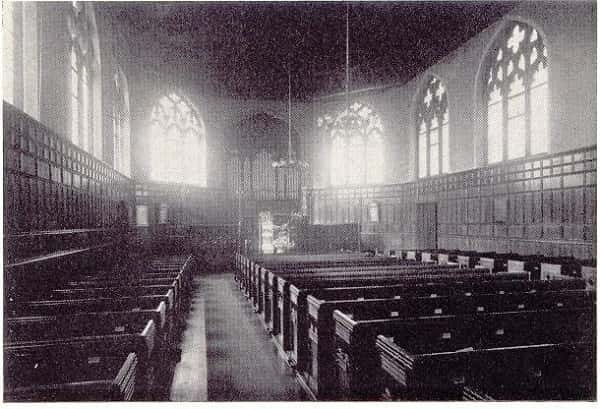 Beginning very early in the history of the Church, it’s leadership, variously called “apostles”, “bishops”, “presbyters” and “deacons”, among other things, began to meet together to iron out differences in their memories of what the first such teachers had taught. You’ll note that whatever their other functions (and there were many), these men (and some women) were always teachers.
Beginning very early in the history of the Church, it’s leadership, variously called “apostles”, “bishops”, “presbyters” and “deacons”, among other things, began to meet together to iron out differences in their memories of what the first such teachers had taught. You’ll note that whatever their other functions (and there were many), these men (and some women) were always teachers.
The first duty of every Church leader, then and now, was and is to teach people about the live and work of Jesus Christ. That was not true of some of the heretical sects that also called themselves “Christian”. Some of them in fact went out of their way to conceal the Gospel from all but a very select few. “Catholic” Christians, though, following the examples of the apostles (and of Jesus himself) were teachers, first.
But well before the end of the First Century, differences arose over what Jesus and the Apostles had actually said and taught. The Church’s way of dealing with that was to call a conference of leaders and talk it out, not stopping until they had arrived at a standard answer that all could support. The first such Council of the Church was held in Jerusalem, and is reported in the book of Acts, Chapters 20 through 23. As you’ll recall, several questions had arisen concerning the conversion and worship of Gentiles, and the get-together in Jerusalem was to work it out, which they did.
After that, for the next 250 years or so, such Councils were called on a regional basis whenever there was a need. The first Ecumenical Council, which is to say, a Council of the entire Church, was called in 325 in a place in Greece called Nicaea. It was called not by the Churchmen, themselves, but by the Emperor, Constantine the Great, who had recently legalized the Christian Church throughout the empire, and was aghast to discover that there was major disagreement about what any given Christian was supposed to believe.
Several things came out of the Council of Nicaea (actually the first Council of Nicaea, for there were others, later), including the Nicene Creed and a formalization of the Canon of Scripture. Constantine picked up the bill for any Bishop in the Empire who wanted to attend, and he also funded the copying (by hand, of course, on parchment) of fifty books of Scripture; what we would call “Bibles”.
At least two of these fifty still survive, at least in part, and most of a third may, as well. After 325, there was no excuse for not knowing what was expected of a Christian. At least, that was true inside the Roman Empire. Christians outside it, you see, while they were invited, largely stayed away. Not the last time we’ll be hearing that tune played!